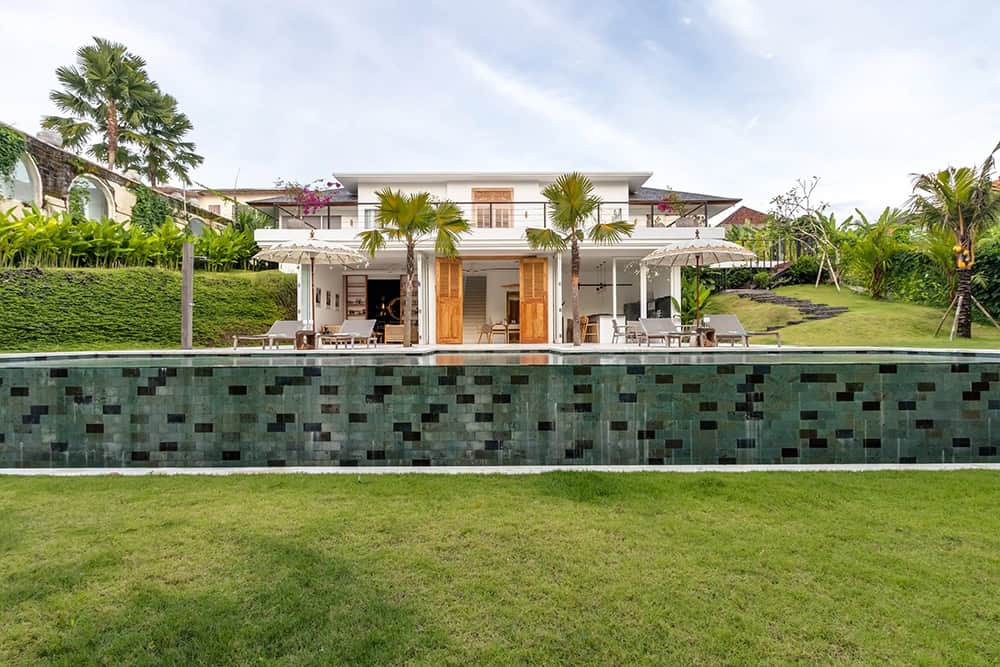In the world of real estate investment, myths are a common hurdle, whether you’re eyeing a villa for sale in Bali or exploring markets elsewhere. These misconceptions often persist regardless of location. But let’s dive into the specific myths circulating in Bali’s real estate market and examine how they compare to those you might find globally. By unraveling these myths, we can gain a clearer understanding of what truly drives Bali’s property market and how it stacks up against international trends.
Myth 1: Foreigners Cannot Own Property in Bali
Reality: While it’s true that foreigners cannot own freehold property in Indonesia, there are legal ways for foreigners to invest in Bali’s real estate market. Foreigners can acquire property through:
- Leasehold agreements (typically 25-35 years, extendable)
- Nominee arrangements (though risky and not recommended)
- Establishing a foreign-owned company (PT PMA) to purchase property
Recent changes in Indonesian property law have relaxed some restrictions, allowing foreigners to own apartment units under certain conditions.
Myth 2: Bali’s Real Estate Market is Cheap
Reality: While property in Bali may seem inexpensive compared to some global markets, it’s important to consider the context. Prices vary significantly based on location, property type, and potential rental yield.
Popular areas like Umalas, Canggu, and Ubud can command premium prices. Investors should focus on:
- Rental yield potential
- Long-term capital appreciation
- Location and infrastructure development
Myth 3: All Areas in Bali Offer Equal Investment Potential
Reality: Investment potential varies greatly across different regions of Bali. While traditional hotspots like Seminyak and Canggu remain popular, emerging areas are gaining traction:
- Uluwatu and Bingin are becoming attractive for boutique resorts and exclusive villas
- North Bali and East Coast areas offer potential for long-term growth
- Beachfront properties and those with unique views tend to hold value better
Myth 4: The Bali Real Estate Market is Saturated
Reality: Despite periodic fluctuations, Bali’s real estate market has shown resilience and long-term growth. Key factors supporting ongoing demand include:
- Steady increase in tourism (projected 7 million visitors in 2024)
- Growing interest from digital nomads and remote workers
- Continued infrastructure development across the island
Myth 5: High Returns are Guaranteed
Reality: While Bali’s real estate can offer attractive returns, success is not guaranteed. Factors to consider include:
- Market fluctuations (e.g., the impact of COVID-19 on rental prices)
- Regulatory changes affecting foreign ownership
- Environmental concerns and sustainable development practices
Myth 6: Legal and Tax Considerations are Simple
Reality: Navigating Bali’s property market requires careful attention to legal and tax matters. Common pitfalls include:
- Inadequate due diligence on property titles and permits
- Lack of understanding of local tax systems
- Overlooking the importance of proper legal and notary services
Myth 7: All Villas Make Great Rental Properties
Reality: While Bali’s villa market is robust, not all properties are equally suitable for rentals. Factors influencing rental potential include:
- Location (proximity to tourist areas and amenities)
- Design and amenities
- Management and marketing strategies
Myth 8: The Market is Only for Luxury Buyers
Reality: Bali’s real estate market offers diverse options across various price points. While luxury villas and resorts are prominent, there are opportunities in:
- Mid-range properties catering to the growing middle class
- Affordable housing projects in developing areas
- Commercial and mixed-use developments
Myth 9: I’ll Get a Better Deal Once Prices Crash
Reality: Waiting for a market crash to secure a better deal can be risky. Property markets, especially in high-demand areas like Bali, are influenced by numerous factors including economic conditions, interest rates, and market sentiment. Price fluctuations are common, but a significant crash is unpredictable and may not align with your investment timeline. It’s often more prudent to focus on long-term value and the intrinsic benefits of the property rather than waiting for an uncertain market dip.
In conclusion, Bali’s real estate market offers significant opportunities but requires careful navigation of legal, economic, and cultural factors. Investors should conduct thorough research, seek professional advice, and consider long-term trends when entering this dynamic market. The ongoing growth in tourism, coupled with infrastructure development and evolving regulations, continues to shape Bali’s real estate landscape, making it an intriguing but complex market for both local and international investors. To get started, contact your local real estate agent today. They can provide valuable insights and guide you through the investment process.


